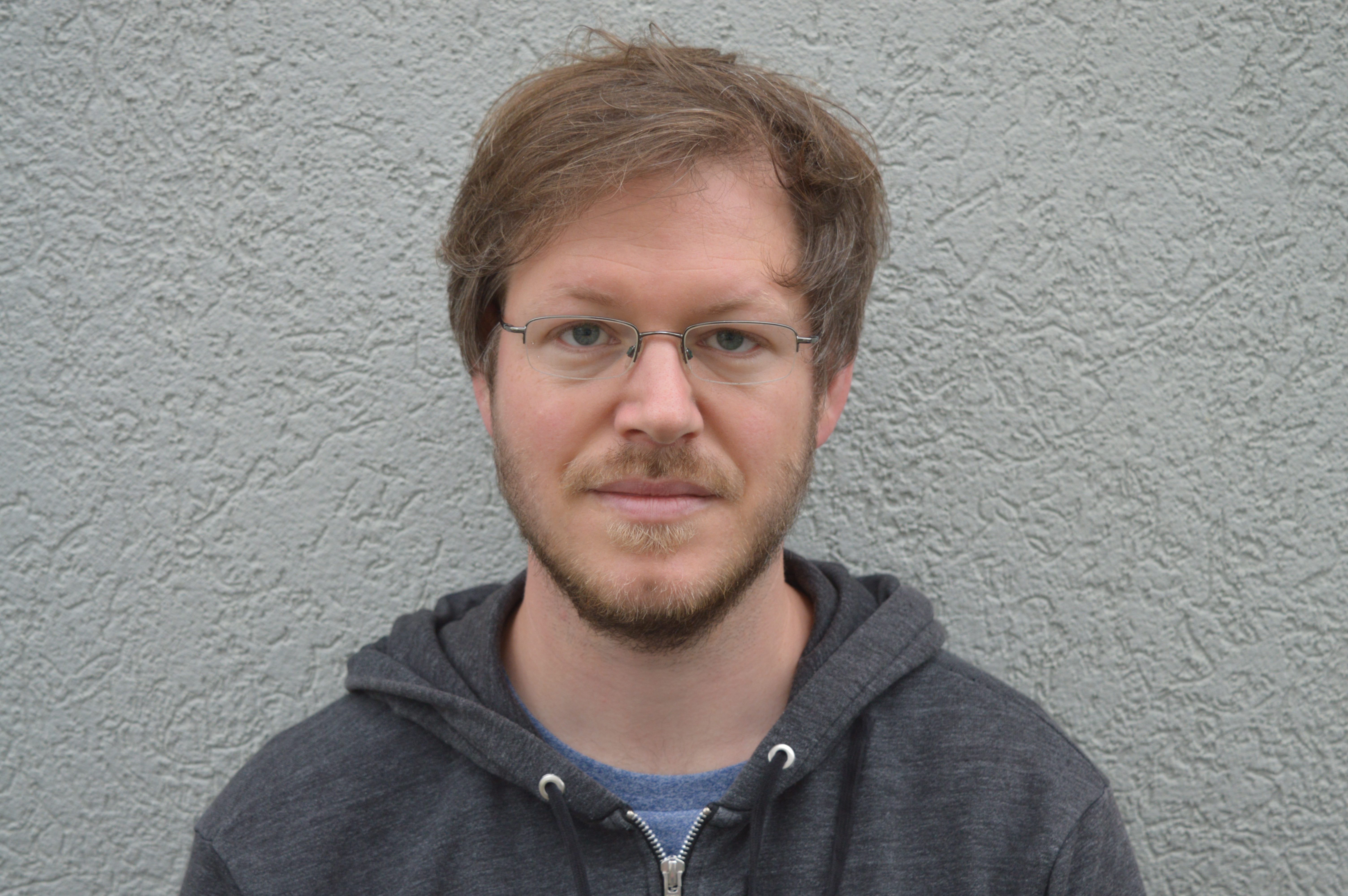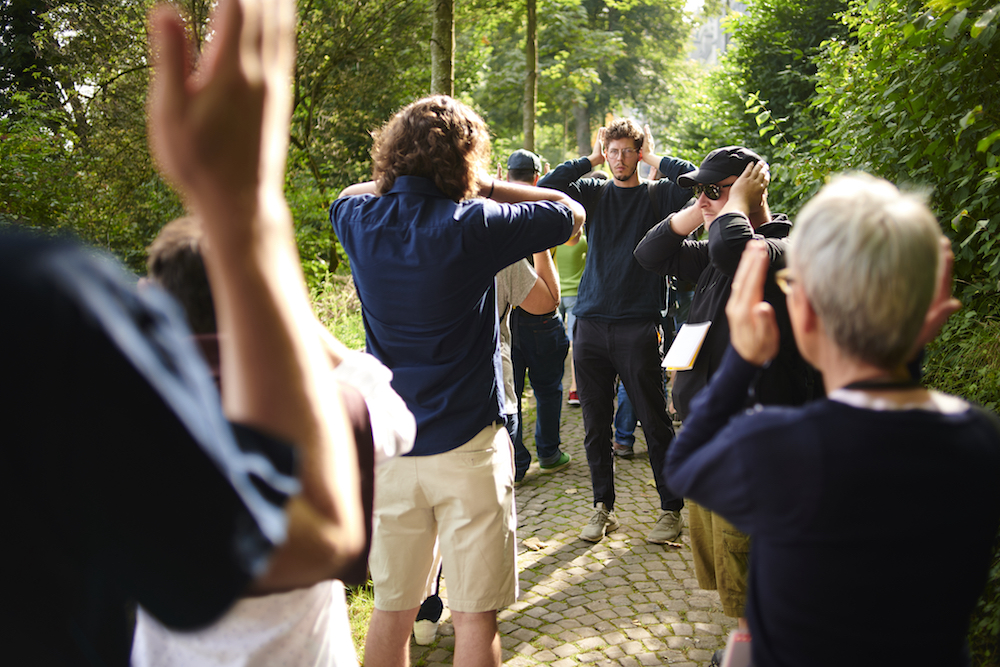“Sprechstunde neue Musik” (new music consultations) is an online offer by Musikfestival Bern based on the slogan: “Listening to and discussing music”. Tobias Reber, composer and performer, is responsible for the festival’s communication program. He initiated the format in 2019 already, when the consultation hours took place live and now offers them as video conferences.
Gabrielle Weber talked with Reber about this format, field recordings and Terry Riley’s work “In C”.

Recently you held the first online “Sprechstunde neue Musik”, under the title Schichtungen (Layering) you discussed Terry Riley’s piece “in C”, a work belonging to the minimal music genre, insistently focused on the note C. Why this particular work?
I decided to start with this piece because on the one hand it is accessible and on the other hand it relates to the festival theme of tectonics. It is a layering work in which layers of sound are shifted over and against each other.
Terry Riley, In C, Ensemble Ictus live, 2012
The title “Sprechstunde neue Musik” (new music consultations) is to be interpreted in an entertaining way – people are usually rather reluctant to consult their doctor…
On one hand, consultations are of course meant literally, as the idea is to speak together. At the same time, it has an ironic twist, as some sort of “hotline”, because contemporary music can also cause headaches. It has a problem with reaching a larger audience. My concern is: how can I stimulate the desire for the multi-faceted nature of this music. I often encounter the fear of having to understand everything and would like to get rid of it.
Let us take gourmet cuisine as an example or analogy. If I were to eat in a molecular restaurant, I don’t expect to have to understand that either. I am consciously embarking on something new. New music is also about getting involved sensually, trying, tasting.
“I would like to offer a large buffet.”
The consultations are unique, taking place in the here and now, albeit virtually – whoever is present experiences an exclusive interactive moment… how did that come across?
Actually, everyone thoroughly enjoyed the idea of being together in that particular moment.
There is a need to experiment with virtual encounters. We are all learning to build trust, for example with strangers via video conferencing, it is almost a new cultural technique.
The next dates are themed: “Klingende Welten” (Sounding Worlds) and “Brüche, Störungen, Falten” (Fractures, Disturbances, Wrinkles) – which sounds a bit general: can you provide further information?
“Klingende Welten” is about real sounds recorded in the “real” world, so-called field recordings. For example, the sound of earth movements recorded by dedicated sensors, or of ice floes moving or rubbing against each other, recorded by hydrophones or waterproof microphones in Arctic waters.
In the final talk, we will discuss works that have been created for a specific location, in the form of performances or sound sculptures for example.
Tobias Reber, Polyglot, 2013
The talks are completely open and aimed at experts as well as interested amateur audience: how does this combination work?
During the first online session we had a good combination of professional musicians and amateurs. All of them brought very different angles and knowledge. But we had to establish a common ground first, which was enriching for both sides.
I defined the initiative as an experiment and encouraged people to make suggestions, in order to find out together what works well.
How exactly did you approach Terry Riley’s “In C”?
I started by preparing a private, dedicated playlist on Soundcloud, which I shared and we compared three very different interpretations. There is a recording with musicians from Mali for example, where they improvise on the themes instead of repeating them, which – by the way – is absolutely in Terry Riley’s nature.
Terry Riley, Africa Express, In C Mali, live at Tate Modern, 2015
Is there anything in the next talk we can look forward to in particular?
Last winter we experienced the so-called “singing ice” phenomenon. I experienced it myself in the Upper Engadine by the frozen Lake St.Moritz. One of the recordings I bring along has to do with that…
Gabrielle Weber

Musikfestival Bern will take place from September 2, to September 6. This year’s festival is themed “Tectonics”.
Musikfestival Bern, 2.-6. September, Tektonik
Registrations for “Sprechstunde neue Musik”: Sprechstunde für neue Musik @Tobias Reber
Neo-Profiles: Musikfestival Bern, Tobias Reber

